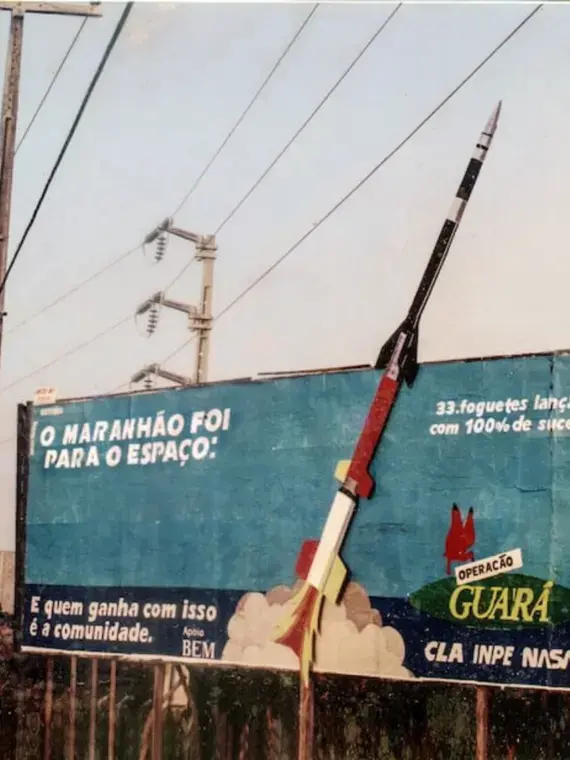Brazil is set to lease a strip of land in the interior of Maranhão, where about 300 traditional Quilombola communities of Afro-Brazilians live, to the United States. A decree enacted in November 2019, already approved by the House and Senate, gives way to an agreement signed in March of the same year by Brazilian President Jair Bolsonaro in Washington, D.C. The agreement allows North American satellites to be launched at the Alcântara Launch Center (CLA).
Built in the 1980s, the CLA, however, is not enough for the binational project. The arrival of the United States is predicted to require the construction of a new launch base and the removal of about 2,000 Quilombola families. On March 27 of this year, the Institutional Security Cabinet (GSI) of the Presidency of the Republic published a resolution confirming the intention to remove the residents and occupy another 12,645 hectares within the Quilombola territory.
The resolution was only suspended due to a court decision that prohibited evictions from taking place in the midst of the COVID-19 pandemic. The legacy of evictions, for the Quilombolas of Alcântara, runs deep. More than 30 years ago, in 1986, the CLA forcefully resettled 25 communities that lived on the coast, placing them about 20 kilometers away inland from the continent.
"I was seven years old, but I remember it very well," says Inácio Silva Diniz, a leader of the Movement of People Affected by the Base, MAB, who lives in the Marudá community, one of the 8 agrovillages built to receive the displaced families. "My childhood was walking to go fishing. Walking three hours to get to the ocean," he says, recalling the food insecurity that marked the evictions of the past.






